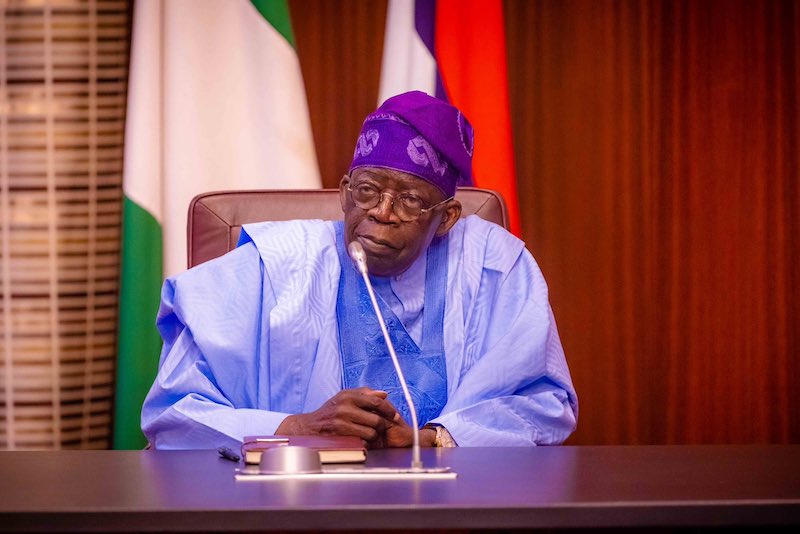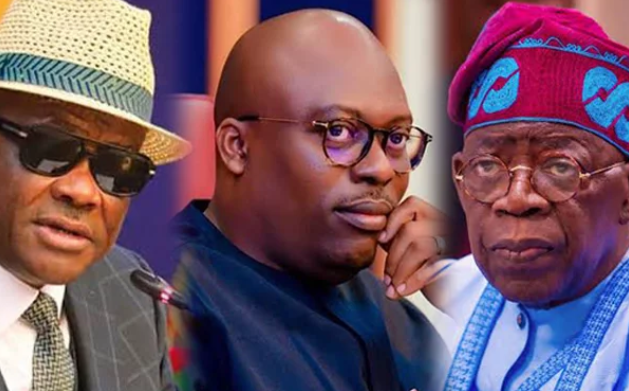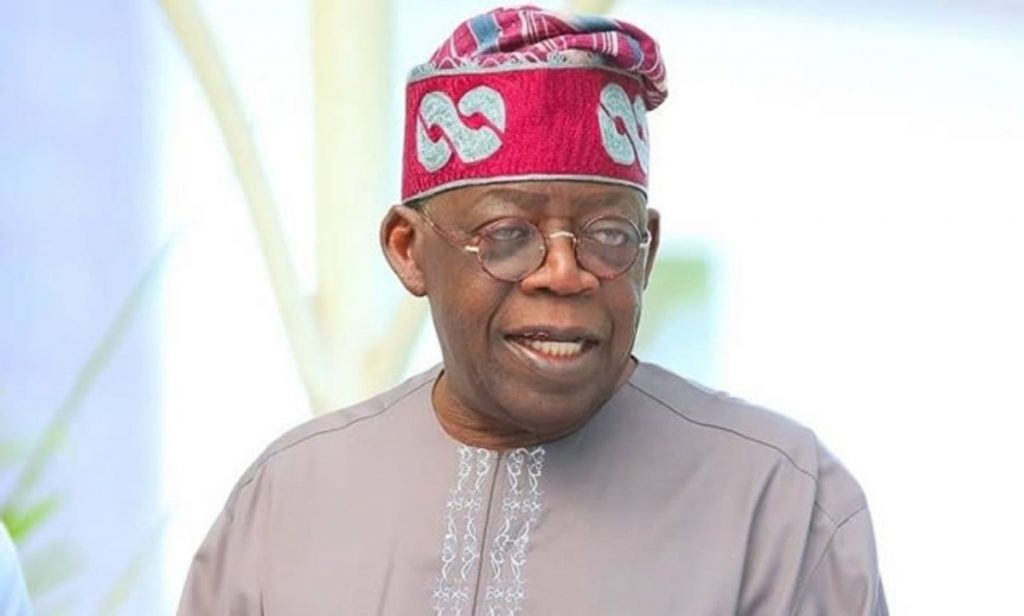Two Rivers State commissioners have resigned their appointments shortly after they were redeployed in a cabinet reshuffle by Governor Siminalayi Fubara. They are the Attorney General and commissioners for Justice, and Finance; Zacchaeus Adangor and Isaac Kamalu respectively.
The duo were affected by a minor cabinet reshuffle made by the governor on April 23.
Kamalu and Adangor are loyalists of Nyesom Wike, the immediate former governor of Rivers and incumbent minister of the federal capital territory (FCT).
Last year, the commissioners resigned from their positions following the political feud between Wike and Fubara.
They were later reinstated after Wike and Fubara signed a peace accord facilitated by President Bola Tinubu.
While Adangor was moved to the ministry of special duties (governor’s office), Kamalu was moved to the ministry of employment generation and economic empowerment.
Kamalu’s resignation came hours after Zacchaeus Adangor, tendered his resignation.
In a letter addressed to Tammy Danagogo, secretary to the state government (SSG), Kamalu said the governor’s “inability to maintain peace” in the state was the reason he quit the cabinet.
The former commissioner said he could not give his best in an atmosphere of rancour.
“Your Excellency would recall that I served under the Administration of His Excellency, Chief Nyesom Ezenwo Wike, CON, GSSRS, POS (now Honorable Minister of the Federal Capital Territory, Abuja) originally as Commissioner for Budget and Economic Planning (2015-2019) and subsequently as Commissioner for Finance with oversight responsibility for the Rivers State Ministry of Budget and Economic Planning (2019 – 2023),” the letter reads.
“The mandates of the respective Ministries were to the best of our abilities (as Ministries) duly carried out and at all times material relevant reforms were embarked upon for improved performance and effective and sustainable service delivery.
“Among several others, we successfully carried out the following; “Initiating and (supporting existing) policy frameworks for enhanced internal revenue generation.
“This with (necessary adjustments made on some of the programs) led to the increase in the internal revenue receipts. This steady rise has presently generated though not the figures erroneously claimed in the media.
“Aggressive improvement in Federation receipts by securing recovery by the state of oilfields that were also the subject of the successful claim against International Oll Companies (IOCs) on production sharing contracts; the recoveries arising from 13% derivation and the demand by the state for adherence to the fiscal provisions in the constitution in support of states by successfully removing from Federation receipts institutions of Government whether state or federal not so recognized by the constitution such as the Police Trust Fund and others thus widening the available receipts for States and the last but not the least our success on the subject of Value Added Tax.
“The reason behind these painstaking efforts was to make available a basket of receipts sufficient to enable the state to deliver good governance through the provision of goods and services.
“It was this idea that informed the continuity and consolidation mantra that was the theme of your election campaign and government thereafter.
“You will respectfully recall that when the climate of discord became unbearable I and other like-minded members of the Executive Council that were appointed by you resigned.
“You thereafter engaged His Excellency, Asiwaju Bola Ahmed Tinubu, GCFR President and Commander-in-Chief of the Armed Forces of the Federal Republic of Nigeria and as Father of the Nation to intervene in the matter.
“In deference to the directive of Mr. President, I and the others were recalled and we all accepted and joined the cabinet again. I expected Sir that with the opportunity provided by Mr.President, every effort will be made to sustain peace.
“Regrettably Your Excellency the peace in Government and governance that we all – citizens and residents of the state desire has remained out of reach despite our consistent efforts and demand for same.
“This has affected our ability to protect and defend the gains that we made these past years.
“In the course of official engagements, I have reiterated the need for this peace and the fact we all are willing and determined to work for this.
“It is very difficult to deliver good governance where there is acrimony and discord. It is not the point of service that is important but the climate. Our present circumstance makes service delivery extremely challenging. I still hold the belief that it is never too late for peace.
“In view of the above, I find it difficult to accept the redeployment. I do not accept it. I reject it and convey to you my immediate resignation as Commissioner and member of the Rivers State Executive Council with effect from the date of this letter.
“While praying that the Good Lord grants us Peace, I thank you for the opportunity and assure you the assurances of my esteemed regards.”

 News6 years ago
News6 years ago
 Featured6 years ago
Featured6 years ago
 Boss Picks6 years ago
Boss Picks6 years ago
 Headline6 years ago
Headline6 years ago
 Headline6 years ago
Headline6 years ago
 Headline5 years ago
Headline5 years ago
 Headline6 years ago
Headline6 years ago
 Headline6 years ago
Headline6 years ago















